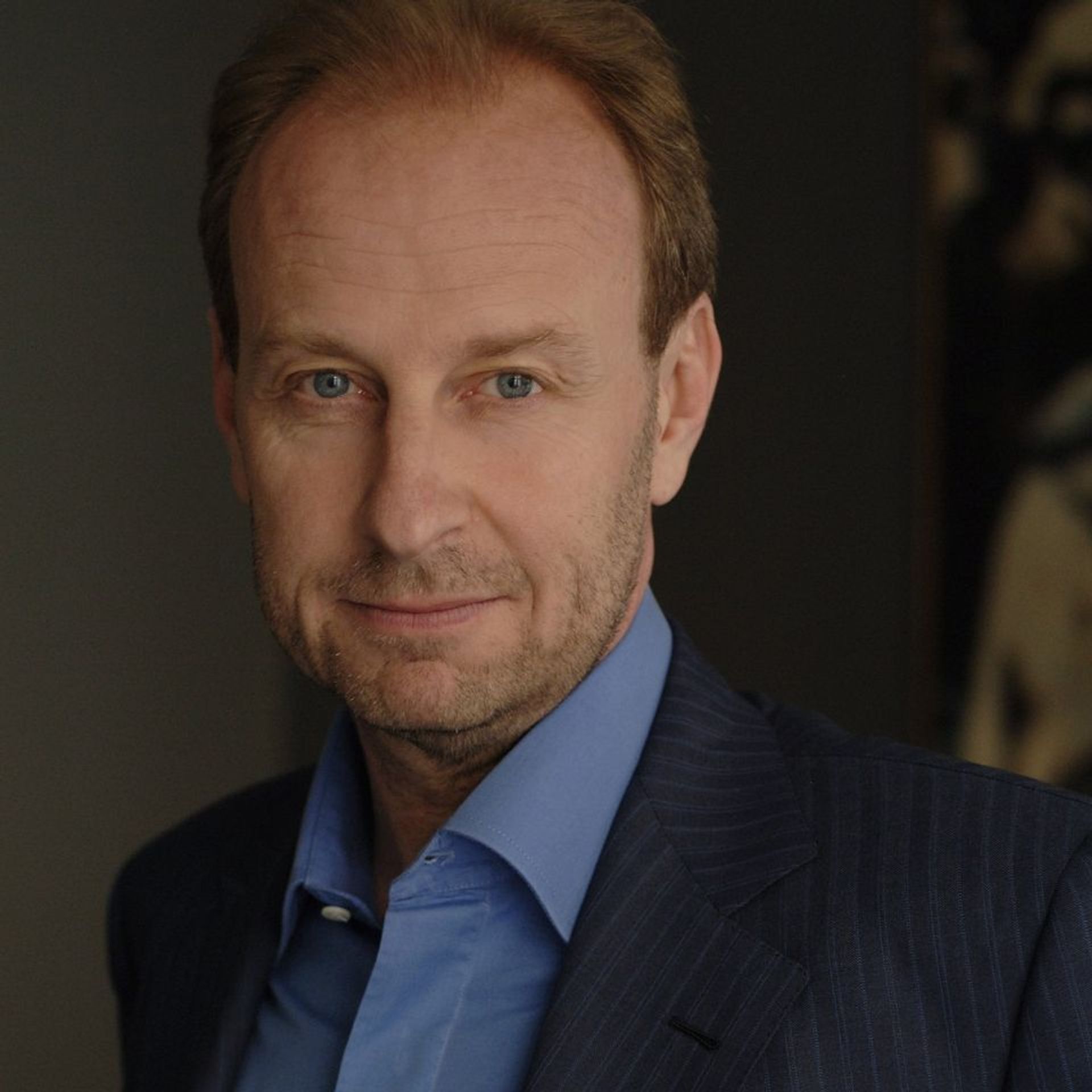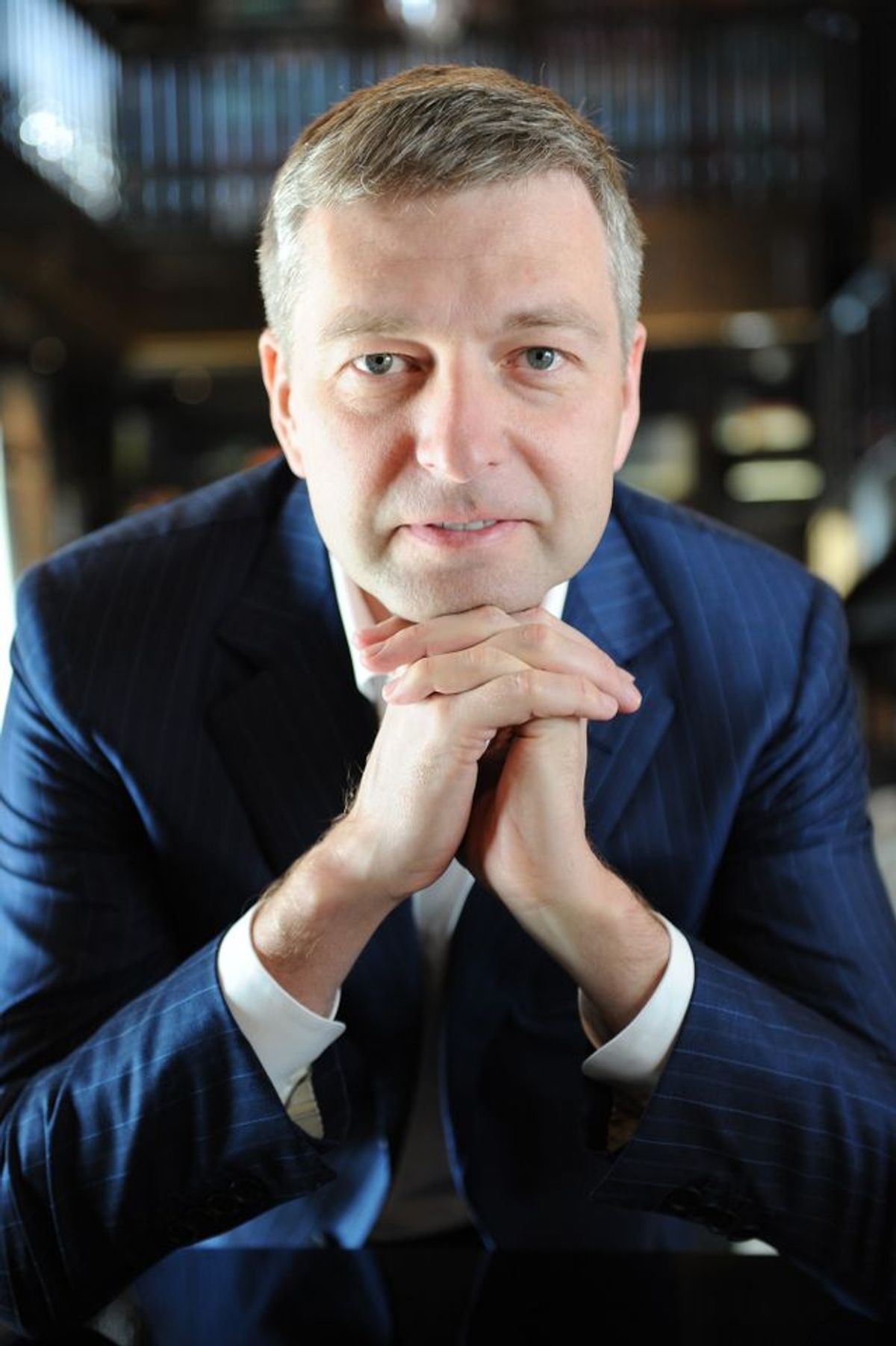In the latest episode in an ongoing legal feud, US Federal investigators have reportedly halted an inquiry into fraud allegations brought by the Russian oligarch Dmitry Rybolovlev against the Swiss entrepreneur Yves Bouvier for allegedly selling him works of art with disproportionate mark-ups.
According to a Bloomberg report, the decision was made after the most high profile of these disputed works, Leonardo Da Vinci's Salvator Mundi, sold for $450.3m sale at Christie's New York last November, thereby undermining Rybolovlev’s claims of fraud. The sale netted Rybolovlev a profit of more than $300m on the work, which is said to have been bought by Bouvier for around $80m (in a private sale through Sotheby’s) shortly before he sold it to the Russian for $127.5m in 2013.
A source close to the inquiry told Bloomberg that the US government's decision to place the Russian oligarch on a "watch list" of personalities tied to the Kremlin, "could have undercut the case with a jury". In 2008, Rybolovlev shored up Donald Trump’s business by purchasing his mansion in Palm Beach at four times the price the now president had paid for it four years earlier.
The attorney’s office in Manhattan declined to comment. Contacted in Geneva, Bouvier did not wish to respond at once. However, at a meeting in January in Paris, he said he was "confident that all the procedures" launched by his opponent "would fail, as they already did in Singapore and Hong Kong". But, he says, this did not prevent the Russian billionaire from leading a campaign to "destroy his reputation and business". Last October, Bouvier sold Natural Le Coultre, his family’s shipping and storage firm, to the French company Chenue.
A spokesman for the Rybolovlev family office declined to comment on the US investigation, but says: “Criminal cases against Yves Bouvier remain pending in Switzerland, France and Monaco. Despite his efforts to distract attention from the charges he faces through a media campaign of disinformation, he has still failed to provide any substantive response to those allegations and we remain confident in the course of justice.”

Yves Bouvier Hpetit21/Creative Commons
This twist is the latest episode in a three-year, world-wide legal battle waged by Rybolovlev, who claims that Bouvier had misrepresented his role in procuring some 38 works of art for a total of $2bn, and pocketed $1bn in the process. Rybolovlev says Bouvier was acting as his agent and that he was not aware of the huge profit he was making on the sales; Bouvier says he was acting as an art dealer and thus free to set his own prices.
According to Bloomberg, the US investigators spent over a year amassing evidence, combing through the records of Bouvier’s and Sotheby’s transactions. They even persuaded Sam Valette, Sotheby's senior director and vice chairman of private sales, to be a witness in the case. As head of the international private sales department, he helped facilitate about a dozen of Yves Bouvier's transactions including the Da Vinci. Thanks to these deals, in 2013, Sotheby's private sales increased by 30% to a record $1.2bn.
The group of dealers, led by Robert Simon, who were selling the Salvator Mundi through Sotheby’s claimed they had been played when the sale to Bouvier was closed by Valette at a reduced price of $83m (Sotheby’s had valued it at around $100m). Days later, Bouvier sold the painting to Rybolovlev for $127.5m. Sotheby’s has always claimed it was unaware of Bouvier’s deals and did not know the identity of his client. But records establish that Valette had presented the Da Vinci to Rybolovlev at his Central Park penthouse in New York before the sale. Sotheby’s claims Valette had no idea of who owned the apartment he went to, or even who Rybolovlev was. Last year, Sotheby’s resolved the matter in a confidential deal with Robert Simon’s group, who settled out of court.


